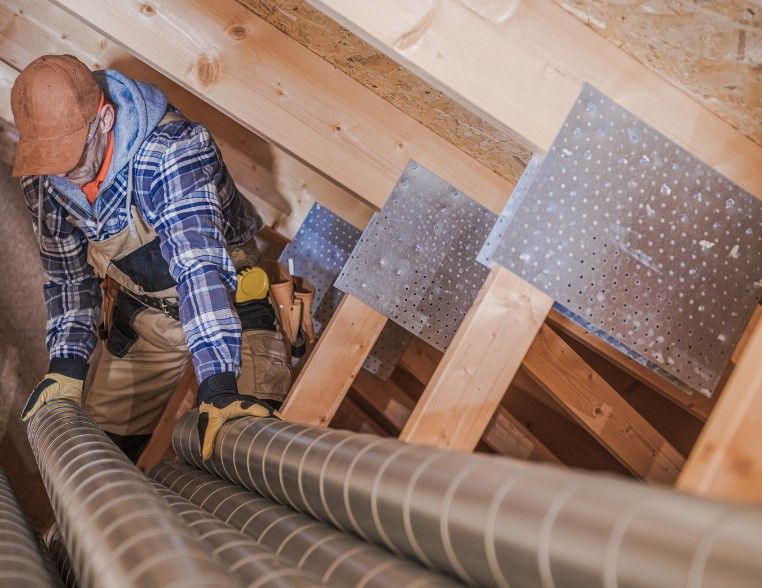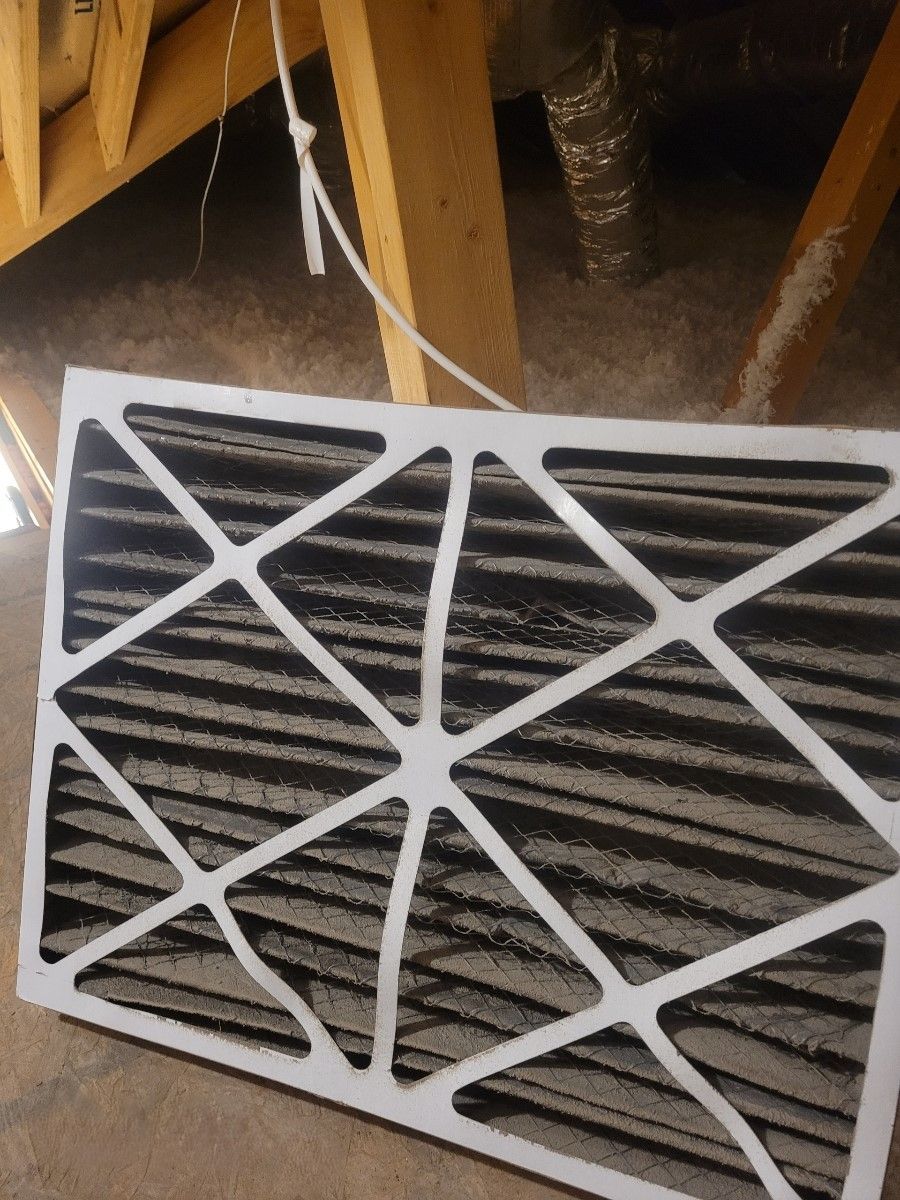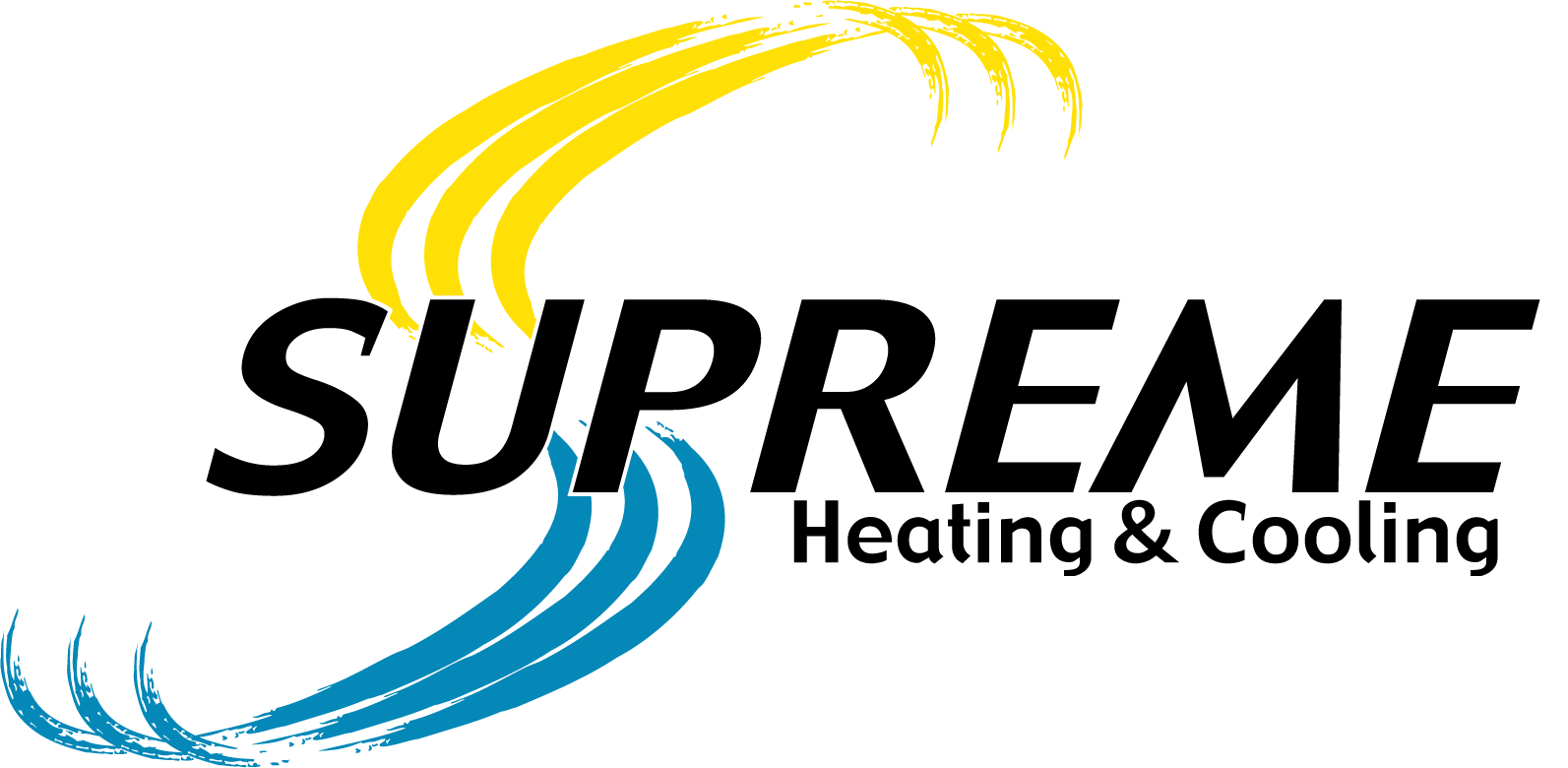Top 10 Tips for Maintaining Your HVAC System Year-Round
Keeping your HVAC system in peak condition is crucial for ensuring efficiency, comfort, and longevity. Regular maintenance helps prevent unexpected breakdowns and costly repairs, keeping your home comfortable in all seasons. Here are ten essential tips for maintaining your HVAC system year-round.
1. Change Filters Regularly
One of the simplest yet most effective maintenance tasks is regularly changing your HVAC filters. Dirty filters restrict airflow, making your system work harder and reducing its efficiency. Replace your filters every 1-3 months to ensure optimal performance and air quality.
2. Schedule Biannual Professional Maintenance
Professional maintenance is key to extending the life of your HVAC system. Schedule a professional inspection and tune-up in the spring and fall. A trained technician can identify and address potential issues before they become major problems, ensuring your system runs smoothly.
3. Keep Outdoor Units Clean
Your outdoor unit can easily get obstructed by leaves, dirt, and debris. Regularly clean the area around the unit and remove any obstructions to maintain proper airflow. Trim back any plants or shrubs that are within two feet of the unit.
4. Inspect and Clean Ducts
Dirty or clogged ducts can hinder your HVAC system's efficiency. Have your ducts inspected and cleaned every few years to remove dust, debris, and allergens. Clean ducts improve air quality and ensure efficient airflow throughout your home.
5. Check Thermostat Settings
Ensure your thermostat is set to the desired temperature and functioning correctly. Consider upgrading to a programmable or smart thermostat, which can optimize your HVAC system's performance and save energy by adjusting the temperature based on your schedule.
6. Seal Leaks and Insulate
Check for and seal any leaks in your ductwork to prevent air loss, which can make your system work harder and increase energy bills. Adding insulation to your ducts and attic can further improve energy efficiency and maintain consistent temperatures.
7. Monitor Energy Bills
Keep an eye on your energy bills. A sudden increase can indicate an issue with your HVAC system. If you notice a spike, it might be time for a professional inspection to identify and resolve the problem.
8. Listen for Unusual Noises
Unusual noises, such as banging, clanking, or hissing, can be a sign of trouble. Listen for these sounds and address them promptly to avoid further damage. Often, these noises indicate loose parts, refrigerant leaks, or other issues needing professional attention.
9. Ensure Proper Ventilation
Ensure that vents and registers are unobstructed to allow for even airflow throughout your home. Blocked vents can cause pressure imbalances, reducing your HVAC system's efficiency and comfort levels in different rooms.
10. Keep Coils Clean
Both the evaporator and condenser coils need to be clean for your HVAC system to function correctly. Dirty coils reduce efficiency and can cause the system to overheat. Clean the coils annually, and if you’re unsure how to do it, a professional can help.
You might also like


Book a Service Today
We will get back to you as soon as possible
Please try again later
Quick & Reliable
We are available 24/7 via text, email or telephone
Location
777 N. Grove Rd Suite 117
Richardson TX 75081
contact@supreme-ac.com
Call
(972) 530-4231
All Rights Reserved | Supreme Heating and Cooling, Inc. | TACLA36129A

